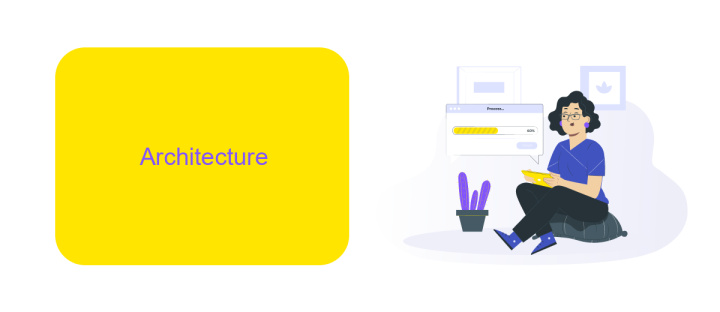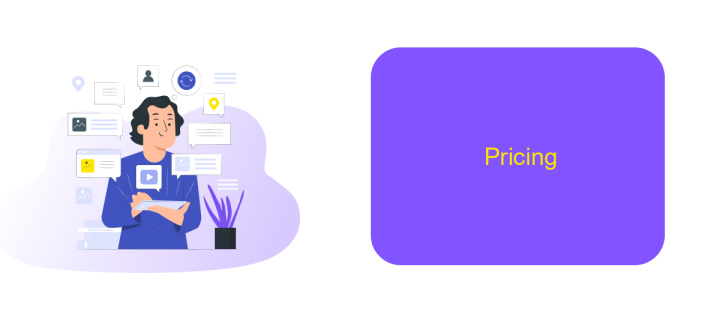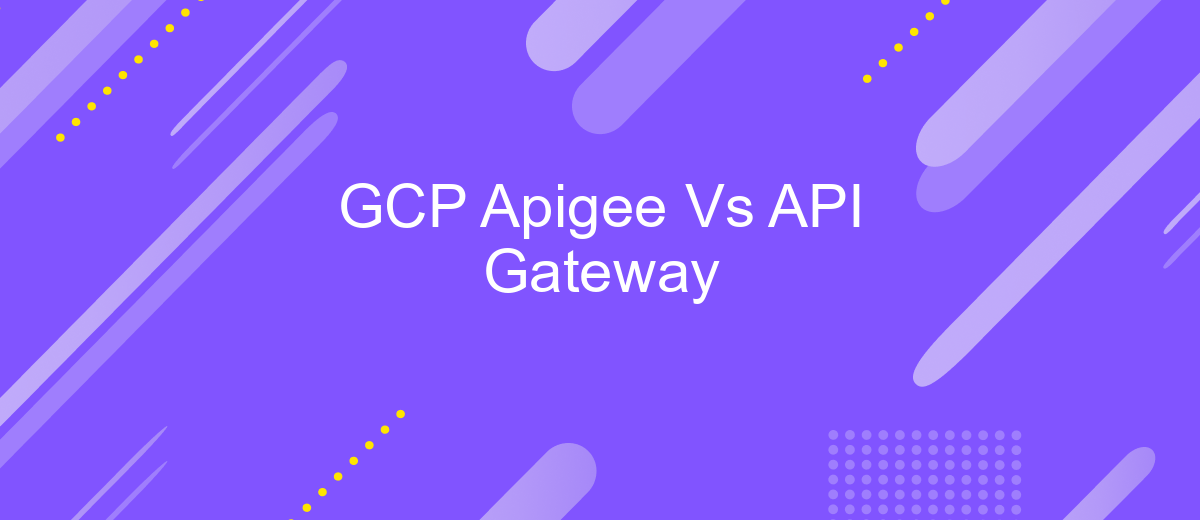GCP Apigee Vs API Gateway
When it comes to managing APIs, choosing the right platform is crucial for ensuring performance, security, and scalability. This article delves into a detailed comparison between Google Cloud Platform's Apigee and other popular API Gateway solutions. By examining their features, capabilities, and use cases, we aim to help you make an informed decision tailored to your specific needs.
Introduction
In the rapidly evolving landscape of cloud computing, managing APIs efficiently has become crucial for businesses. Google Cloud Platform (GCP) offers two prominent solutions for API management: Apigee and API Gateway. Both tools provide robust features, but they cater to different needs and use cases.
- Apigee: A comprehensive API management platform designed for large enterprises with complex requirements.
- API Gateway: A streamlined solution ideal for simpler use cases and smaller applications.
Choosing between Apigee and API Gateway depends on various factors such as scale, complexity, and specific business needs. For instance, Apigee offers advanced analytics, developer portals, and extensive security features, making it suitable for large-scale deployments. On the other hand, API Gateway is easier to set up and manage, perfect for straightforward API tasks. Additionally, services like ApiX-Drive can further simplify the integration process, enabling seamless connectivity between different systems and APIs.
Architecture

GCP Apigee and API Gateway differ significantly in their architecture, reflecting their distinct use cases and capabilities. Apigee, a robust API management platform, offers a comprehensive set of features including API analytics, developer portals, and advanced security policies. It operates on a microservice architecture, allowing for high scalability and flexibility. Apigee can be deployed in various environments such as on-premises, cloud, or hybrid, providing enterprises with the flexibility to choose the deployment model that best fits their needs.
On the other hand, API Gateway, typically used for simpler tasks, focuses on managing the traffic between clients and backend services. It streamlines the process of creating, deploying, and managing APIs, often integrated directly with cloud services. API Gateway is designed to handle tasks like request routing, composition, and protocol translation. For businesses looking to integrate various services without complex configurations, tools like ApiX-Drive can be invaluable. ApiX-Drive simplifies integrations by allowing seamless data transfer between different applications, enhancing the overall efficiency of API management.
Features

When comparing GCP Apigee and API Gateway, it's essential to understand their unique features. Both platforms serve as robust solutions for API management but offer distinct functionalities that cater to different needs.
- Security: Apigee provides advanced security features like OAuth, JWT, and integrated threat protection, while API Gateway offers basic authentication and authorization mechanisms.
- Analytics: Apigee excels with comprehensive analytics and monitoring tools, giving detailed insights into API performance. API Gateway offers basic metrics and monitoring capabilities.
- Development Tools: Apigee includes a broad range of development tools and supports multiple API protocols. API Gateway is simpler, focusing on RESTful APIs.
- Integration: Apigee facilitates seamless integration with third-party services like ApiX-Drive, enhancing the flexibility of API management. API Gateway also supports integrations but with fewer customization options.
- Scalability: Both platforms are highly scalable, but Apigee’s enterprise-grade solutions are tailored for large-scale deployments.
Choosing between GCP Apigee and API Gateway depends on your specific needs. If you require advanced security, comprehensive analytics, and extensive integration capabilities, Apigee might be the better choice. For simpler, cost-effective solutions, API Gateway could be more suitable.
Pricing

When comparing GCP Apigee and API Gateway, pricing is a critical factor that can influence your decision. Both platforms offer different pricing models tailored to various business needs, making it essential to understand the cost implications of each.
GCP Apigee provides a tiered pricing structure based on the number of API calls, starting with a free tier that includes basic features. As your usage scales, you can opt for higher tiers that offer advanced functionalities and increased API call limits. This flexibility allows businesses to start small and scale up as their needs grow.
- Free Tier: Basic features with limited API calls
- Standard Tier: Moderate pricing with additional features
- Enterprise Tier: Premium pricing with comprehensive features and support
API Gateway, on the other hand, charges based on the number of API calls and data transfer out. It offers a pay-as-you-go model that can be more cost-effective for businesses with fluctuating traffic. Additionally, integrating with services like ApiX-Drive can help streamline and automate your API management, potentially reducing overall costs by optimizing resource usage.
Conclusion
In conclusion, both GCP Apigee and API Gateway offer robust solutions for managing APIs, each with its own set of strengths and unique features. GCP Apigee excels in providing a comprehensive API management platform with advanced analytics, developer portals, and monetization options, making it a suitable choice for enterprises looking for a full-featured solution. On the other hand, API Gateway is highly effective for organizations that prioritize simplicity, scalability, and seamless integration with other cloud services, especially within the AWS ecosystem.
When choosing between GCP Apigee and API Gateway, it's crucial to consider your organization's specific needs, existing infrastructure, and future growth plans. Additionally, integrating with services like ApiX-Drive can further streamline your API management processes by automating data flows and enhancing connectivity between different applications. Ultimately, the right choice will depend on your priorities, whether it's advanced features and customization with Apigee or straightforward, scalable solutions with API Gateway.
- Automate the work of an online store or landing
- Empower through integration
- Don't spend money on programmers and integrators
- Save time by automating routine tasks
FAQ
What is the primary difference between GCP Apigee and API Gateway?
Which one should I use for complex API management needs?
Can I use both GCP Apigee and API Gateway together?
How do these platforms handle security?
What are the options for automating and integrating these platforms with other services?
Time is the most valuable resource in today's business realities. By eliminating the routine from work processes, you will get more opportunities to implement the most daring plans and ideas. Choose – you can continue to waste time, money and nerves on inefficient solutions, or you can use ApiX-Drive, automating work processes and achieving results with minimal investment of money, effort and human resources.


